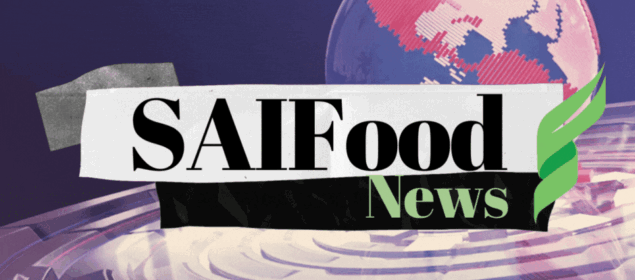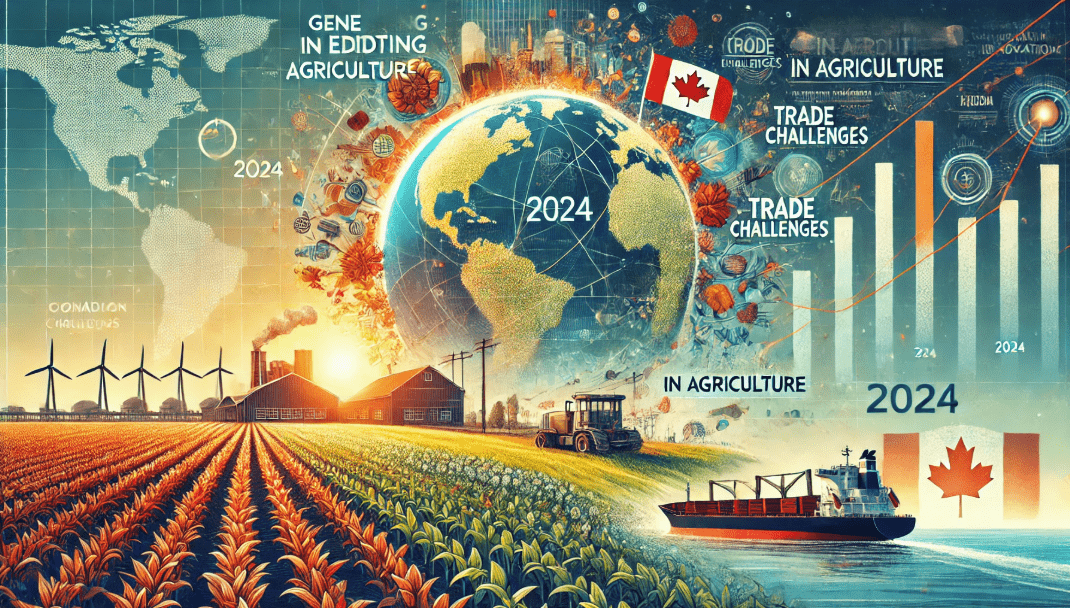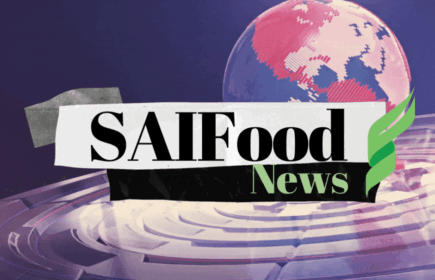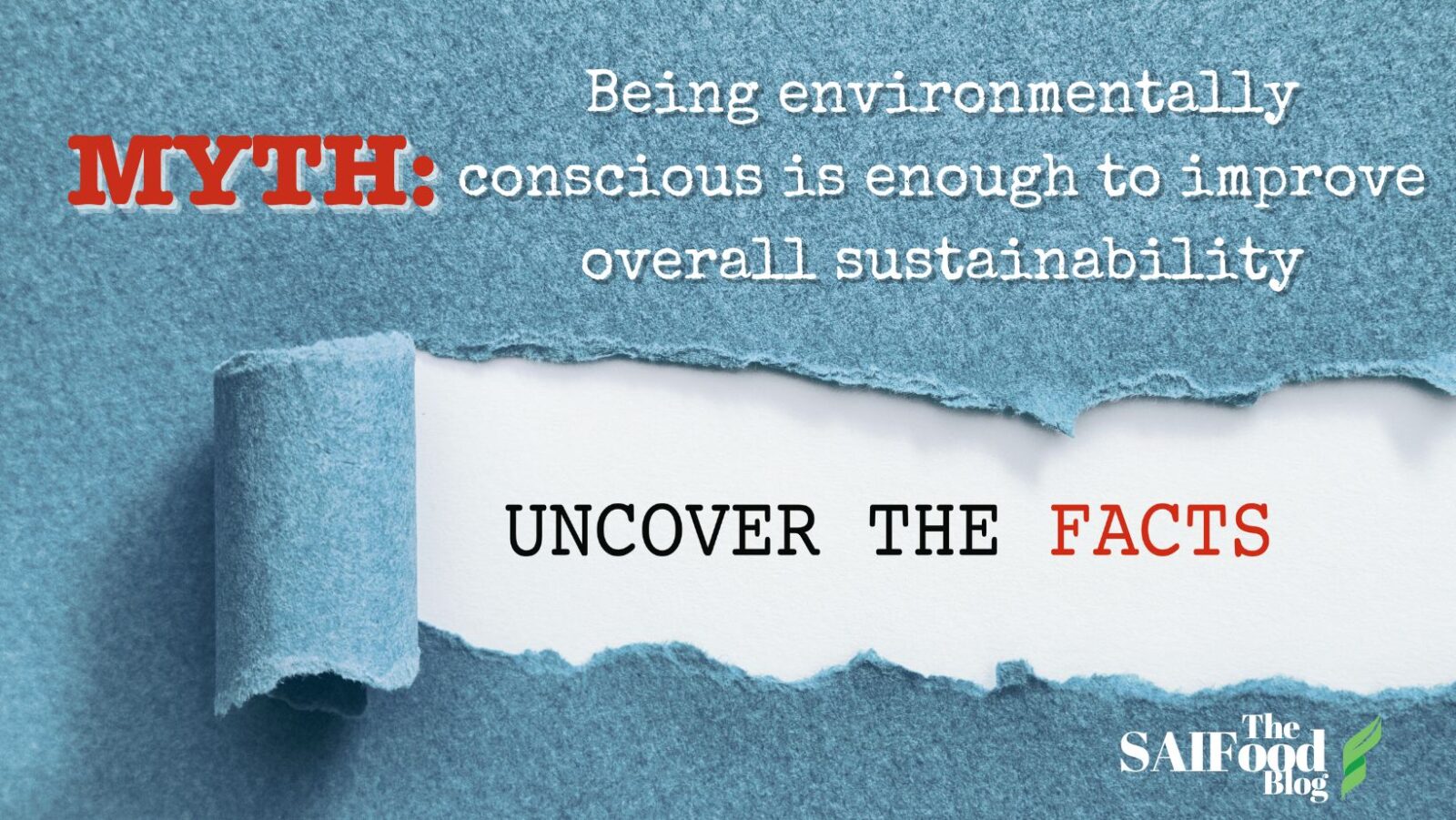AI-Generated News
Microsoft CoPilot (2025). Accessed 2025-01-14.

This week, Canadians should be aware of several significant developments both domestically and internationally:
Here are some global news stories currently impacting Canadian agriculture and food:
U.S. Tariffs: The potential imposition of 25% tariffs on Canadian agricultural products by the U.S. could significantly disrupt trade. This would affect key exports like canola and beef, leading to higher costs and market volatility[1].
Climate Change: Extreme weather events, such as droughts in Mexico and heatwaves in the U.S., are affecting the supply of key agricultural products. This has led to shortages and increased prices for items like hot peppers, which are crucial for products like hot sauce[2].
Russia-Ukraine Conflict: The ongoing war between Russia and Ukraine is impacting global wheat prices. Both countries are major wheat exporters, and disruptions in their supply chains are causing price increases and supply shortages[3].
China's Trade Policies: China's trade restrictions and investigations into Canadian canola have created uncertainty and potential economic impacts for Canadian farmers. This could lead to significant financial losses for the canola industry[3].
These global events are creating challenges for Canadian agriculture, affecting everything from pricing and supply chains to international trade relations.
References
Here are some recent developments in Canada that are impacting agriculture and food:
New Funding for Agricultural Workforce: The government has announced new funding to support the agricultural workforce on Prince Edward Island. This initiative aims to address labor shortages and enhance productivity in the sector[1].
Saskatchewan Agriculture Student Scholarship: Applications are now open for the 2025 Saskatchewan Agriculture Student Scholarship. This program supports students pursuing careers in agriculture, helping to ensure a skilled workforce for the future[1].
Next Gen Agriculture Mentorship Program: Saskatchewan has announced the new cohort for its Next Gen Agriculture Mentorship Program. This program aims to develop future leaders in the agricultural industry[1].
Indigenous Food Sovereignty: New funding has been allocated to support Indigenous food sovereignty and security. This initiative focuses on enhancing food systems and promoting sustainable practices within Indigenous communities[1].
Support for Ontario’s Agri-Food Sector: Governments have announced available funding to enhance Ontario’s agri-food sector. This funding aims to support innovation, sustainability, and growth within the industry[1].
These initiatives and developments are aimed at strengthening the agricultural sector, addressing workforce challenges, and promoting sustainable practices.
References
Here's the latest on U.S. tariffs and speculation surrounding Donald Trump's upcoming inauguration:
U.S. Tariffs
Potential Tariff Increases: President-elect Donald Trump has announced plans to impose significant tariffs on imports from Canada, Mexico, and China. Specifically, he has proposed a 25% tariff on all products from Canada and Mexico, and an additional 10% tariff on goods from China[1]. These tariffs are part of his broader strategy to address illegal immigration and drug trafficking[1].
Economic Impact: Economists are concerned that these tariffs could lead to higher prices for consumer goods, including food and agricultural products. This could negatively impact households and businesses that rely on imported goods[1]. Additionally, the tariffs could disrupt supply chains and increase costs for industries such as automotive and electronics[2].
Trade Relations: The proposed tariffs have raised concerns about potential retaliatory measures from Canada, Mexico, and China. This could lead to a trade war, further complicating international trade relations and impacting the global economy[2].
Trump's Inauguration
Security Concerns: Security is a major focus for Trump's inauguration on January 20th. Capitol Police have identified "lone actors" as the biggest threat, and extensive security measures are being implemented, including road closures, flight restrictions, and anti-scale fencing[3][4].
High-Profile Attendees: Notable figures such as Elon Musk, Jeff Bezos, and Mark Zuckerberg are expected to attend the inauguration, highlighting the event's significance[5].
Public Speculation: There is ongoing speculation about who will perform at the inauguration and what the overall tone of the event will be. The presence of high-profile guests and the heightened security measures have added to the anticipation[6][7].
These developments are creating a complex and dynamic situation that could have far-reaching implications for trade, security, and international relations.
References
Last week, we reported here that Human metapneumovirus (HMPV) has been making headlines recently due to a surge in cases in China, particularly among children[1][2]. However, experts are currently playing down fears of a global pandemic similar to COVID-19[2].
Key Points:
- Current Situation: HMPV cases are rising in China, but the World Health Organization (WHO) has stated that the increase in respiratory infections, including HMPV, is within the expected range for the winter season[1].
- Impact on Canada: HMPV is not uncommon in Canada and is typically seen during the winter months. It can cause both upper and lower respiratory tract infections[1]. Canadian health officials are monitoring the situation, but there have been no reports of unusual outbreak patterns or emergency declarations[1].
- Symptoms and Risk: HMPV symptoms are similar to those of a cold, including cough, nasal congestion, and shortness of breath. It can be more serious for children, seniors, and individuals with compromised immune systems[1].
While there is always a possibility of the virus spreading, the current data does not suggest an immediate cause for alarm in Canada. Health authorities are keeping a close watch on the situation to ensure timely responses if needed.
References
Recent Posts
- All Posts
- Agri-vated
- Agriculture
- Agriculture Myth Busting
- Articles
- BIOTECHWEEK
- Consumers
- Course
- Environment
- Faces of Agriculture
- Feedback
- Food
- Innovation
- International
- Let's Talk Farming
- Livestock
- New
- Rant
- Student Blogs
- Sustainable

Old News Worth Reading
2021
Policy Brief on Glyphosate and Herbicide Tolerant Crops
July 27, 2021
As part of Dr. Smyth’s Research Chair, his research team and Masters Student, Chelsea Sutherland, have surveyed more than a hundred Saskatchewan farmers, and have inquired on the contribution of beneficial technologies, such as GMHT crops and glyphosate, to sustainable adoptions. Check out Dr. Smyth and team’s policy brief here.
Policy Brief on Quantifying Saskatchewan’s Crop Production Soil Carbon
July 13, 2021
As part of Dr. Smyth’s Research Chair, his research team and Masters Student, Chelsea Sutherland, have quantified the provinces crop production soil carbon from the early 90s to now. Check out Dr. Smyth and team’s policy brief here.
2018/19
Newsweek Article – Stuart Smyth & Henry Miller
March 28, 2019
Newsweek has published the opinion piece “Monsanto, Roundup and Cancer: Cutting chemicals from agriculture is a cost we can’t et afford” by Stuart J. Smyth and Henry I Miller. Their article shares why they think we still need glyphosate (Roundup®), and why we can’t just toss it out from agricultural production so hastily.
Check out their article at Newsweek.
Governance of Digital Sequence Information and Impacts For Access and Benefit Sharing
SEPT 18, 2018: THE AGENDA WITH STEVE PAIKIN
Dr. Smyth was fortunate enough to partake in TVO’s The Agenda with Steve Paikin to discuss “Agricultural Biotech at Home and Abroad” with Crystal Mackay from the Canadian Centre for Food Integrity, Lucy Sharratt of the Canadian Biotechnology Action Network (CBAN), and Ian Affleck from Croplife Canada.
Episode 26: Greenpeace on Trial: Dr. Stuart Smyth
June 4, 2018
Check out Cameron English’s podcast below with guest Dr. Smyth on the success of the Greenpeace student trials.
You can find the full write-up on the podcast along with more of Cameron’s blogs here.
Indicting Greenpeace for Crimes Against Agriculture 2018
Indicting Greenpeace for Crimes Against Agriculture
In “Indicting Greenpeace for Crimes Against Agriculture” Stuart promised to make his student’s mock trial debates available online. Each student group were randomly assigned a statement and the responsibility to either defend or prosecute in a live trial.
The students in this debate statement may be defending and prosecuting statements that do not align with their personal views and this should be taken into consideration when viewing this debate.
The trials will continue 8:30 am CST live on Facebook on November 23, 28 and 30, 2017. The student jury will present their verdicts on December 5th and can be viewed along with the other debate videos.
Tuesday November 21st: Day 1 of the Crimes Against Agriculture
Thursday November 23rd: Day 2 of the Crimes Against Agriculture
Tuesday, November 28th: Day 3 of the Crimes Against Agriculture
Thursday, November 30th: Day 4 of the Crimes Against Agriculture
…. Tuesday, December 5th: Jury Verdicts of the Crimes Against Agriculture
Live 8:30 am CST Live on Facebook




